Sport
As Somalia’s coffee culture reclaims its place in society after losing decades to conflict, cafés have become the meeting grounds where a nation on the mend finds its voice and the stimulus to forge ahead.
By Nuri Aden
The hiss of an espresso machine. The lingering scent of roasted beans. The familiar clink of metal against porcelain. The enlivening buzz of conversation.
Somalia is healing after decades of turmoil, and its coffee houses are stirring back to life.
These cafés used to be Mogadishu’s pulse – places where everyone from poets to traders gathered to socialise over steaming cups of qaxwo (Somali spiced coffee). Then, war stole their voices. Streets emptied at dusk every day, the coffee houses faded, and the capital city fell into a long, uneasy silence.
As a semblance of security returns to the ravaged East African nation, the resurgence of its café culture is more than just about baristas serving flat whites, iced lattes and cappuccinos to customers craving a caffeine rush.
“Coffee shops aren’t just businesses,” Mohamed Ali Nur ‘Americo’, Somalia’s former ambassador to Kenya, tells TRT Afrika.
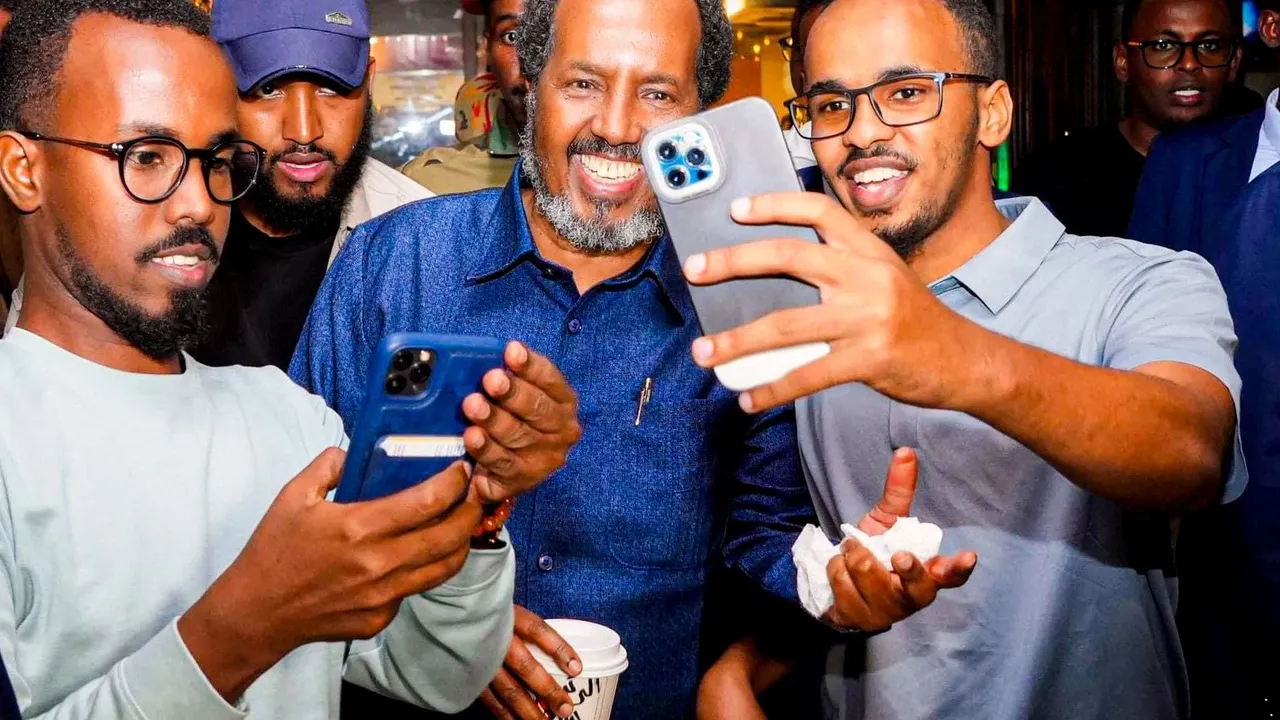
“As someone who witnessed the early days of Somali coffee culture through my father’s legacy, I am so proud to see this beautiful revival happening.”
US-educated Ali’s knowledge and connection with Somali coffee isn’t merely diplomatic; it’s part of who he is. His late father, Ali Nur Americo Sr, was a pioneer in the business, running three popular restaurants and coffee shops across Mogadishu in the 60s and 70s.
“I remember working in our family-owned cafés as a boy during my school holidays,” Ali recalls.
“Learning the rhythm of service, the importance of community. To see young people now, sipping coffee, dreaming of their future and building businesses here, it’s deeply moving.”
Culture reimagined
Traditionally, Somali social bonds were forged over unhurried cups of shaah or sweet, milky tea shared during long afternoons filled with sheeko (storytelling).
The ubiquitous Somali elders' gathering, fadhi ku dirir (sit and debate), has since found an echo in modern cafés springing up in Mogadishu’s KM4, Taleh and Liido beach.
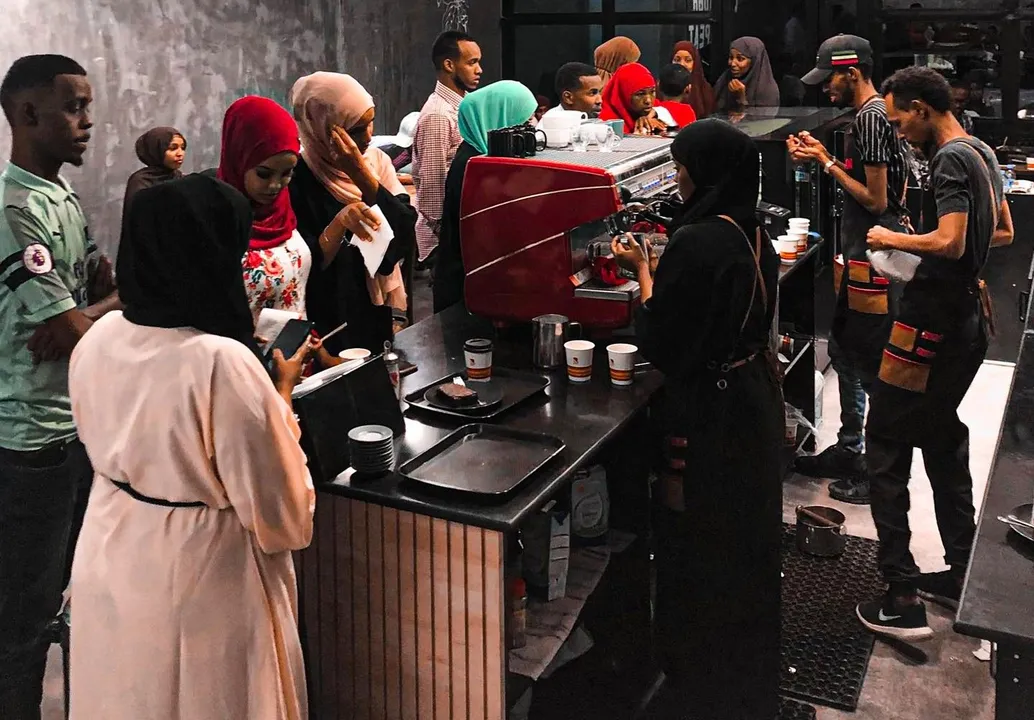
“Hot with hot,” as locals often say with a knowing grin, aptly describes the Somali penchant for sipping steaming coffee even under the relentless midday sun.
Members of the diaspora returning from Europe, North America and the Middle East are fuelling the trend with fresh ideas about café design, menus and ambience.
This wave of entrepreneurship revolving around coffee is also generating much-needed employment, with many cafes offering training programmes, mentorship and opportunities for women.
Walk into a Mogadishu café, or one in Hargeisa, Kismayo, Baidoa, Jowhar, Dhuusamareeb or Garowe, and you can expect to find a microcosm of modern Somalia – students huddled over textbooks, entrepreneurs pitching ideas, diaspora returnees reconnecting with local partners, and elders debating politics.
Chain of change
Beydan Coffee, founded in 2019 by Najib Abdullahi and Amal Diriye, is among those at the forefront of Somalia’s coffee renaissance.
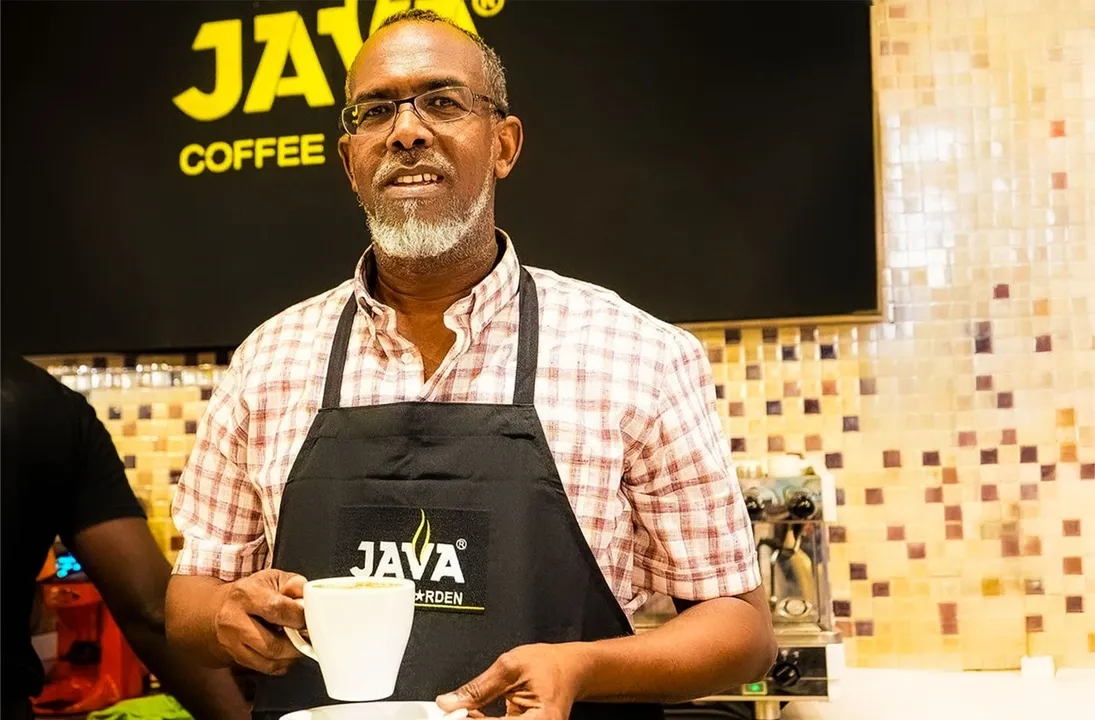
What began as a single café is now a movement of sorts, driving change by promoting coffee as more than a beverage and bringing innovation into the business.
Beydan Coffee introduced cashless payments, took the initiative to train staff through curated trips to Kenyan coffee farms, and championed women’s inclusion.
“Before us, there were no girls in this industry,” says Abdullahi. “Now, women make up over 30% of our team, including in leadership roles.”
Hubs of healing
For many in Somalia, entering a café is a quiet act of defiance, almost as if it were an assertion that Mogadishu belongs not to conflict, but to community, innovation and infinite possibilities.
Mogadishu’s coffee houses have become makeshift parliaments, classrooms, and incubators for ideas. Late-night brainstorming fuels start-up dreams, and business partnerships are forged over cappuccinos.
“These spaces have become the social fabric of the new Somalia,” says Ibrahim Mukhtar, a Mogadishu-based academic. “We are seeing young people gather to discuss politics, business and ideas for a better Somalia.”
With youth unemployment at critical levels, Somalia’s café boom offers the opportunities young people seek.
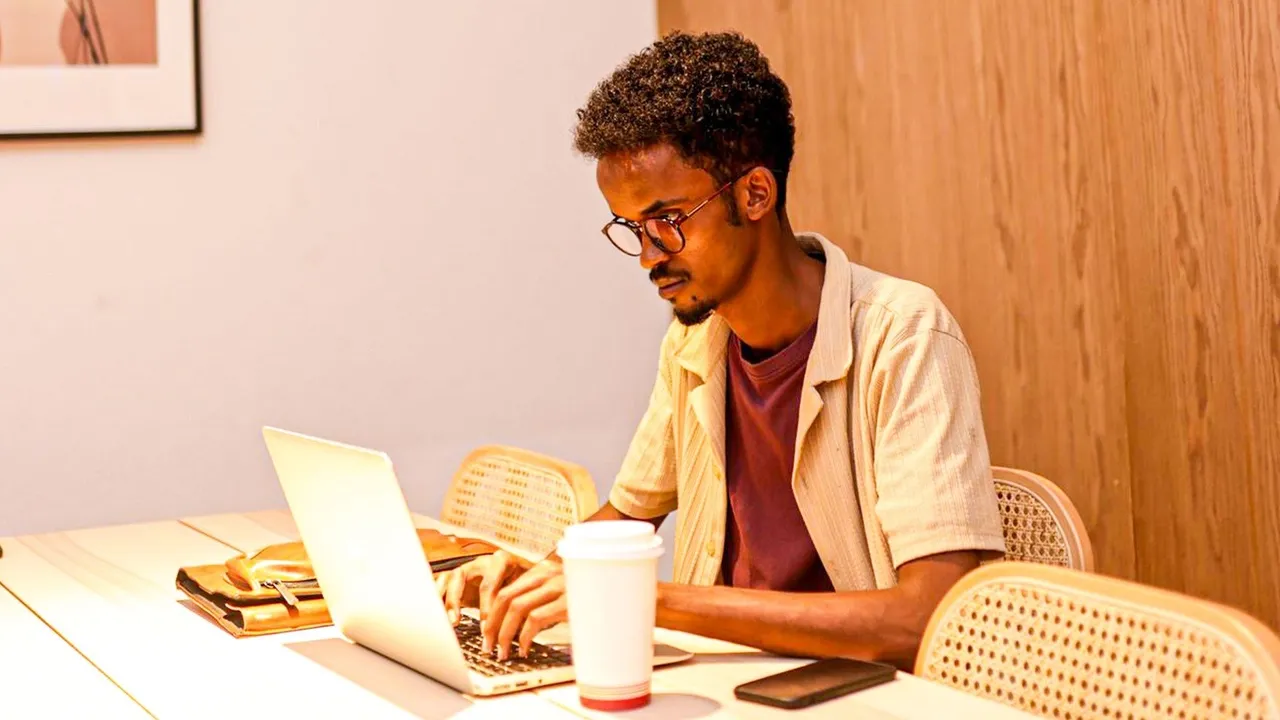
“Cafés are affordable to start, simple to maintain and create jobs quickly,” Mukhtar explains. “They are also helping shift culture. Coffee is slowly replacing khat, the stimulant leaf that drained productivity and household incomes.”
While Somalia imports much of its coffee, the local industry is evolving. Events like the Mogadishu Coffee Festival spotlight entrepreneurs blending international techniques with Somali traditions.
“We are seeing Somali coffee recognised globally now,” says Abdullahi. “It’s not just about selling coffee. It’s also about exporting Somali culture to the world.”
Comments
No comments Yet












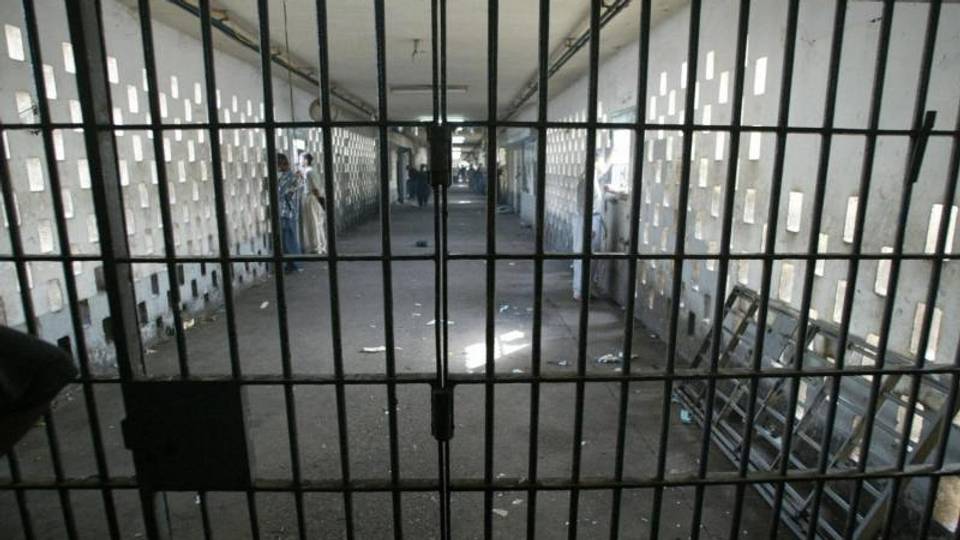
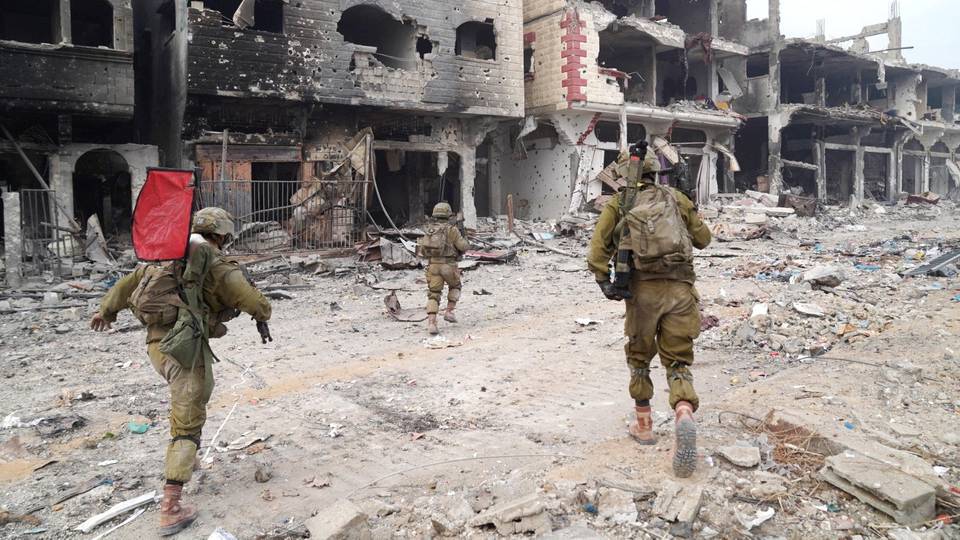


Comment